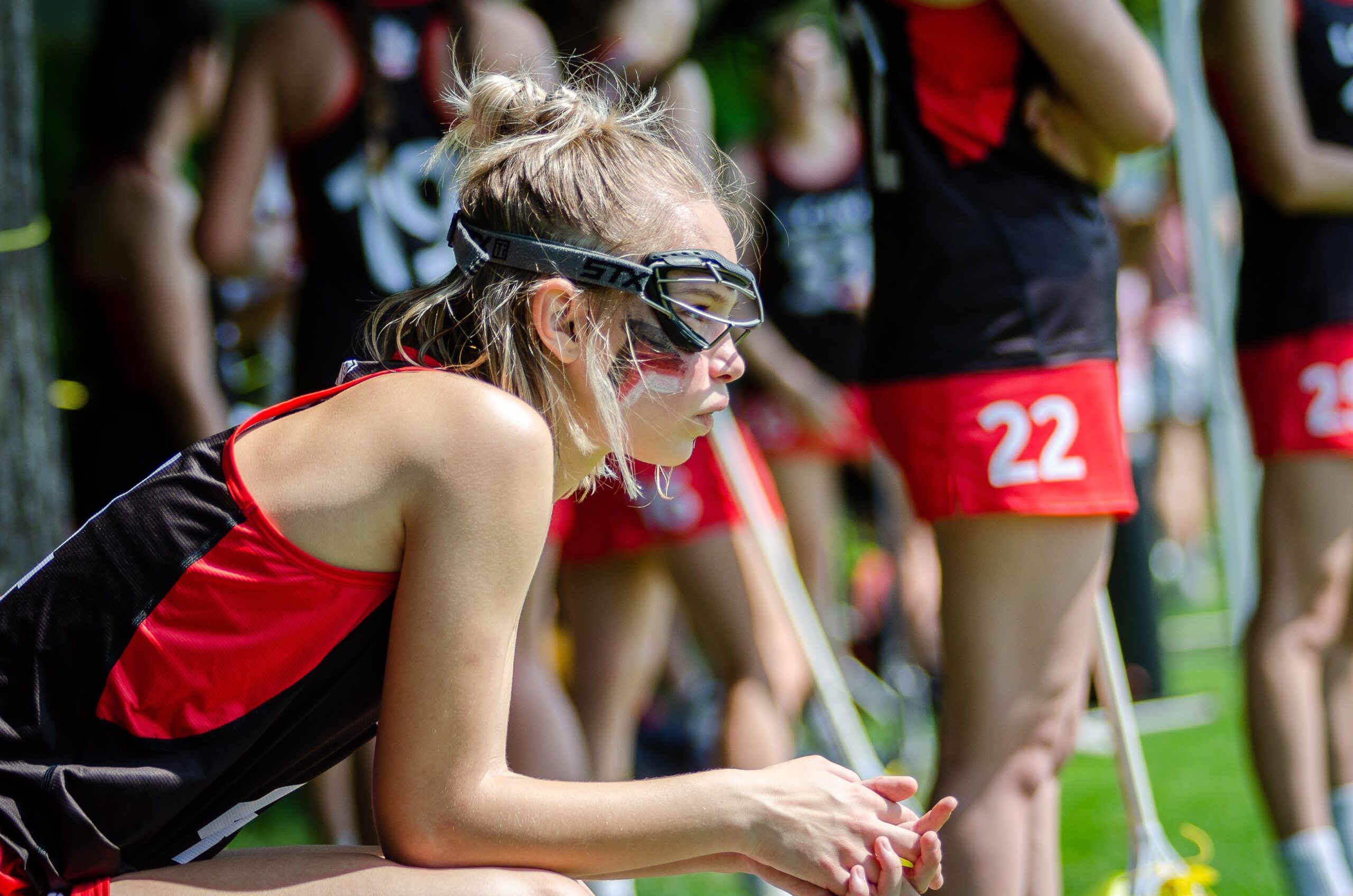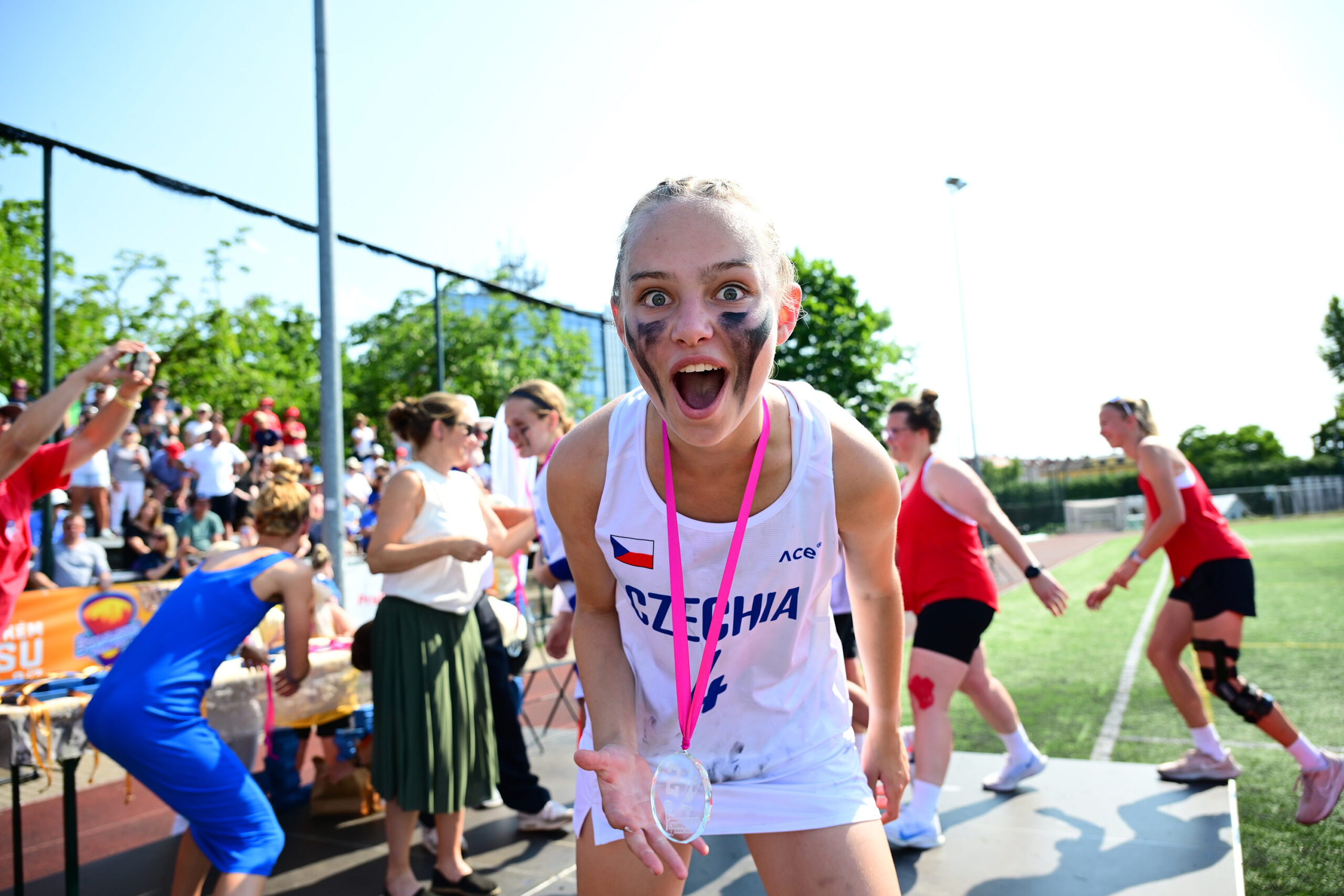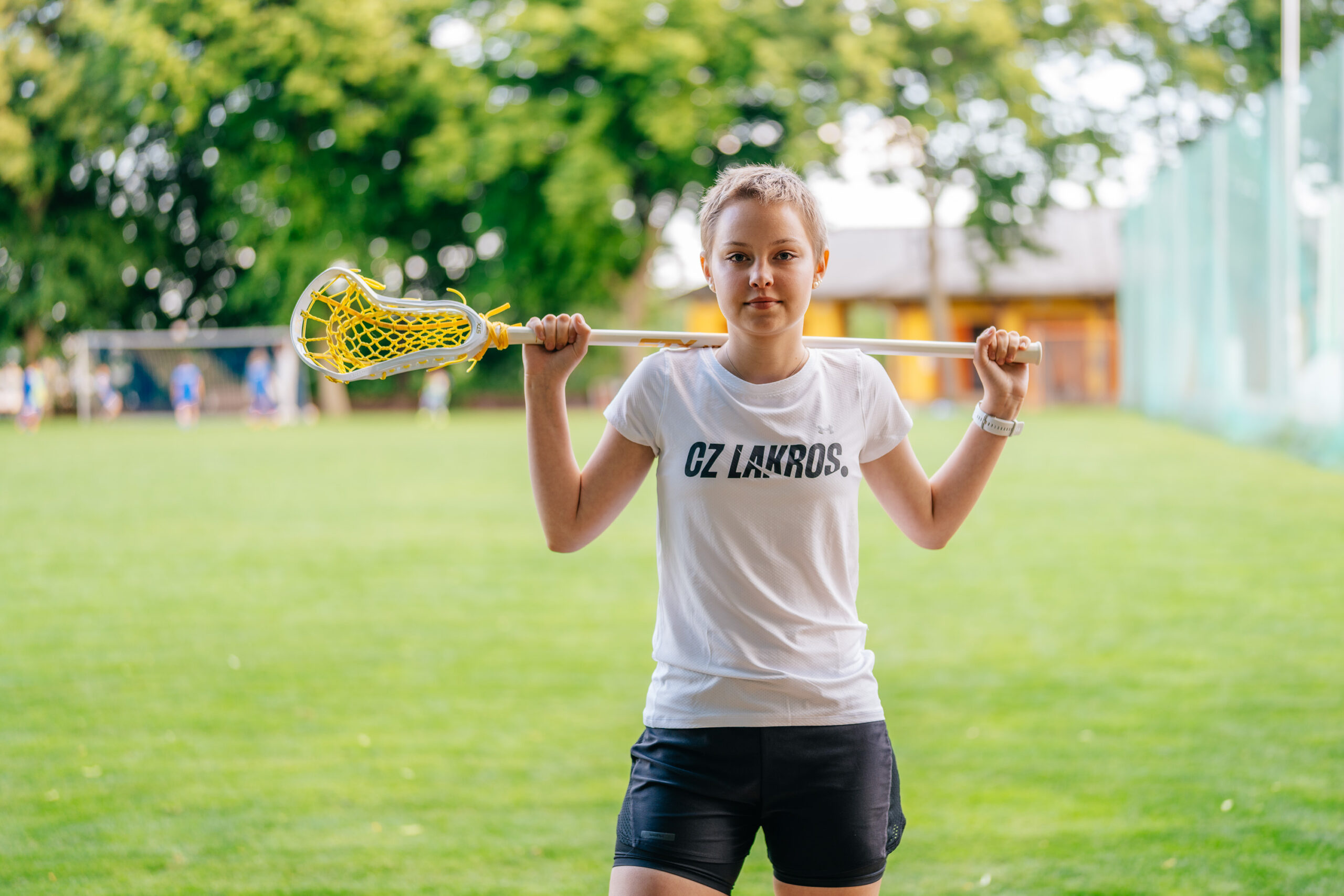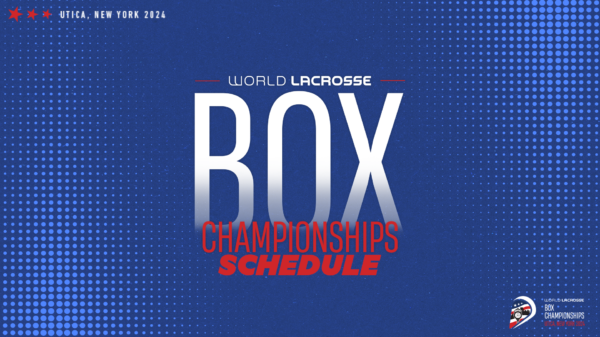The following story is from the Czech Lacrosse Union.
In just a few weeks, the Czech women’s lacrosse team will take on the best in the world at the World Games in China. One of the country’s brightest young talents won’t be on the field — but she’s not letting that bring her down. Eighteen-year-old Eliška Hanzlová has already won her biggest fight: beating cancer. Now, she’s setting her sights on the 2026 World Championship in Japan — and maybe even the Olympic Games in Los Angeles two years later.
It all started in April of last year. During a league game, Hanzlová broke her arm and needed surgery. Still, she remained hopeful about joining the national team at the European Championship in Braga, Portugal, that July.

“My arm had healed, and they were going to take off the brace. But then I woke up and couldn’t breathe,” she recalls. “That night, I got a fever. I didn’t sleep — the pain was terrible.”
At first, she thought it might be a blocked rib. After all, she was still training using only one arm.
A Rare Illness with a Fighting Chance
The next morning, Eliška and her mother visited their pediatrician, who sent her for an X-ray.
“They handed me a paper that said: suspected non-Hodgkin lymphoma,” she says. “Later, they found it was something else. But with that paper, our doctor sent us straight to Motol hospital. There, they told me they were sure it was serious, but they needed to take a lymph node sample first.”
The final diagnosis: lymphoblastic lymphoma, a rare and aggressive cancer. She cried the entire day after learning the news.
“I couldn’t believe it. I kept thinking, they must have gotten it wrong. I kept asking, How is this possible?”
In the Czech Republic, only about six children a year are diagnosed with this form of cancer — a fast-growing subtype of non-Hodgkin lymphoma that can appear virtually overnight.
Thankfully, at the pediatric hematology unit in Motol, she received excellent care — and clear communication.
“You could ask anything and get an answer,” she says. “They immediately told me not to Google anything. After they took the sample, they told me the diagnosis and the success rate of treatment — which was thankfully high. Even though it’s aggressive, it usually responds well to treatment. Just as quickly as it appears, it can leave the body.”
Treatment was tough. It came in three phases.
“The first and last were similar: a combination of chemotherapy and corticosteroids,” she explains. “The corticosteroids stimulate the cancer cells, which makes them more vulnerable to the chemotherapy. In the this phase, I stayed at Motol for five-day hospital visits, where I got chemo infusions and had to be heavily hydrated so the toxins could be flushed out.”
The process took a toll not only on her physical health but on her mental state as well.
“At the start, it was horrible. Especially since it came right before the European Championship,” she says. “I cried a lot — but what can you do? I somehow made peace with it.”
The hardest stretch came around Christmas.
“Corticosteroids really mess with your mind. During the second round, I didn’t speak for a month. I completely shut down. It was insane. But the day I stopped taking them, I felt fine again — just like that.”
Team Support and Friendship
Throughout her treatment, Hanzlová had unwavering support from her teammates and friends.
“The girls were there from day one. It helped so much to talk about what I was feeling,” she says. “I called the head coach and others right away — we’re really close. There wasn’t a single week when someone didn’t come to visit. It kept me afloat. I always knew I belonged somewhere.”
The hospital staff encouraged her too. And she found motivation in stories of athletes who had battled illness and returned to sport.
Still, the most emotional moment came during the European Championship. Though she couldn’t play, she was given team gear and cheered from home.
While she talks about her illness with composure, she tears up when she remembers the tournament she missed.
“The girls called me on video after every match. I felt like I was there with them,” she says. Then, showing her humor, she adds with a smile: “At least I didn’t have to suffer through Matěj’s hour-long warmups (our strength coach).”
Her teammates played for her in Portugal. They brought her jersey, number 4, and before every match, wrote her number on their bodies in solidarity.

The Game That Changed Everything
Then came the crucial match — a battle for seventh place against Italy. The winner would claim the final qualifying spot for the 2026 World Championship in Japan — the very tournament Eliška had clung to as her goal during recovery.
“The girls promised me they’d win it for me. And I was totally calm,” she says. “I just knew they would.”
She may have been the only one relaxed. With just seven minutes left, the Czechs were down 9–14 — and the dream of Japan seemed to be slipping away. But they tied the game, and in overtime, they won.
The celebration exploded — not just in Braga, but in Eliška’s home in Prague too.
Still the Same Girl, Just with Shorter Hair
This March, the national team returned to Portugal and secured qualification for the World Games in China. Once again, Hanzlová supported them from home — but this time, it wasn’t as hard. She hadn’t been training with the team and had just completed treatment.
She’s now easing back into training, still hopeful she’ll make it to the World Championship in 2026.
“It’s still tough to accept what I’ve been through. That I can’t run as fast as my teammate. That I don’t have the same fitness level. I’m trying to believe that it’ll come back. We’ll see how long it takes,” she says. “I’m focused on getting back. When I can’t sprint properly, it frustrates me. But then I tell myself: Look at what you’ve overcome.”
She’s also returning to everyday life. Despite a long absence from school, she graduated with honors and has her sights set on becoming a massage therapist. For now, she’s taking steps forward — and by her own account, it’s going well.
Still, she occasionally encounters awkwardness from others.
“I feel like people are still afraid to talk to me or ask me questions. But honestly, I’m still me — I just have short hair instead of a bob or longer hair,” she says. “My perspective on things has changed. I realized what really matters and what’s worth fighting for. People say it all the time, but it’s true: health is the most important thing we have. And I’ve truly come to understand that.”







